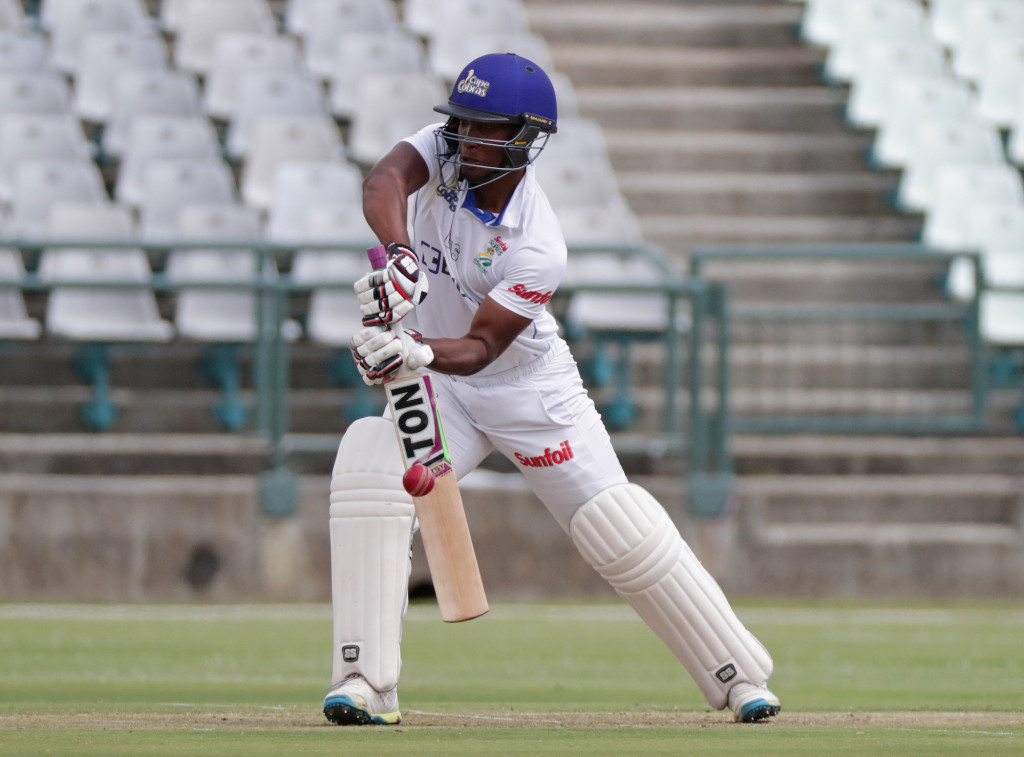Cobras captain Omphile Ramela says transformation in South Africa will not be fully effective until facilities and opportunities are dramatically improved in townships and rural areas.
The conditions in the township and rural areas do not provide the necessary opportunities for budding young cricketers, says Ramela. If the transformation system is to take full effect, the government must fund new facilities and equipment to help bolster the quality of cricketers directly from struggling areas.
Speaking to Alex Capstick from BBC Stories, he admitted that he was helped by attending an elite school.
‘I was giving a scholarship to St Peter’s then St John’ college and this provided me with good coaching and good mentorship,’ said Ramela. ‘That scholarship system has been successful, but the biggest challenge is unlocking the unseen potential in the township and keeping it there.
‘It’s very difficult to adjust when kids from the townships move to top schools because of the different environment, different language, culture and high fees requirements.’
He added: ‘We need to regenerate a new vibe in the township and to give those players the best chance to improve their cricket.’
The perception that township children preferred football, he said, is tainted by the fact that they do not have the facilities and equipment to try the game.
‘That is a false narrative, the idea that black players can’t play cricket, or don’t want to play cricket. They just don’t have the access and facilities to actually play.’
The transformation system has been a controversial topic in South African cricket; with the new quota system in place, national and domestic sides are obliged to select a total of six black players which must include three black-African players.
If you ignore the debate on whether the quota system must be kept in place, South Africa has seen an influx of good performers such as Andile Pehlukwayo and Kagiso Rabada. Ramela is one of those players to have been given the chance to perform on a domestic level, but the Cobras Captain thinks that there are still some issues regarding the production of fresh talent.
‘We starting to get it right,’ said Ramela. ‘It was difficult at first but we starting to see the quota system stabilise a bit, but there is still a shortage of black-African players coming through in the domestic and national level.’
Capstick questioned whether players were being pushed through the system too soon to fill quota requirements.
Ramela disagreed, saying the problem lay at grassroots level.
‘There are a lot of young black cricketers in our schooling who don’t get opportunities to play in the domestic system, and are not getting the opportunities soon enough. Post U19 level, there seems to be a blockage of players getting the opportunity to play a high level of cricket.’
See the full interview here:
Report by Khalid Mohidin
Photo: Chris Ricco/BackpagePix








